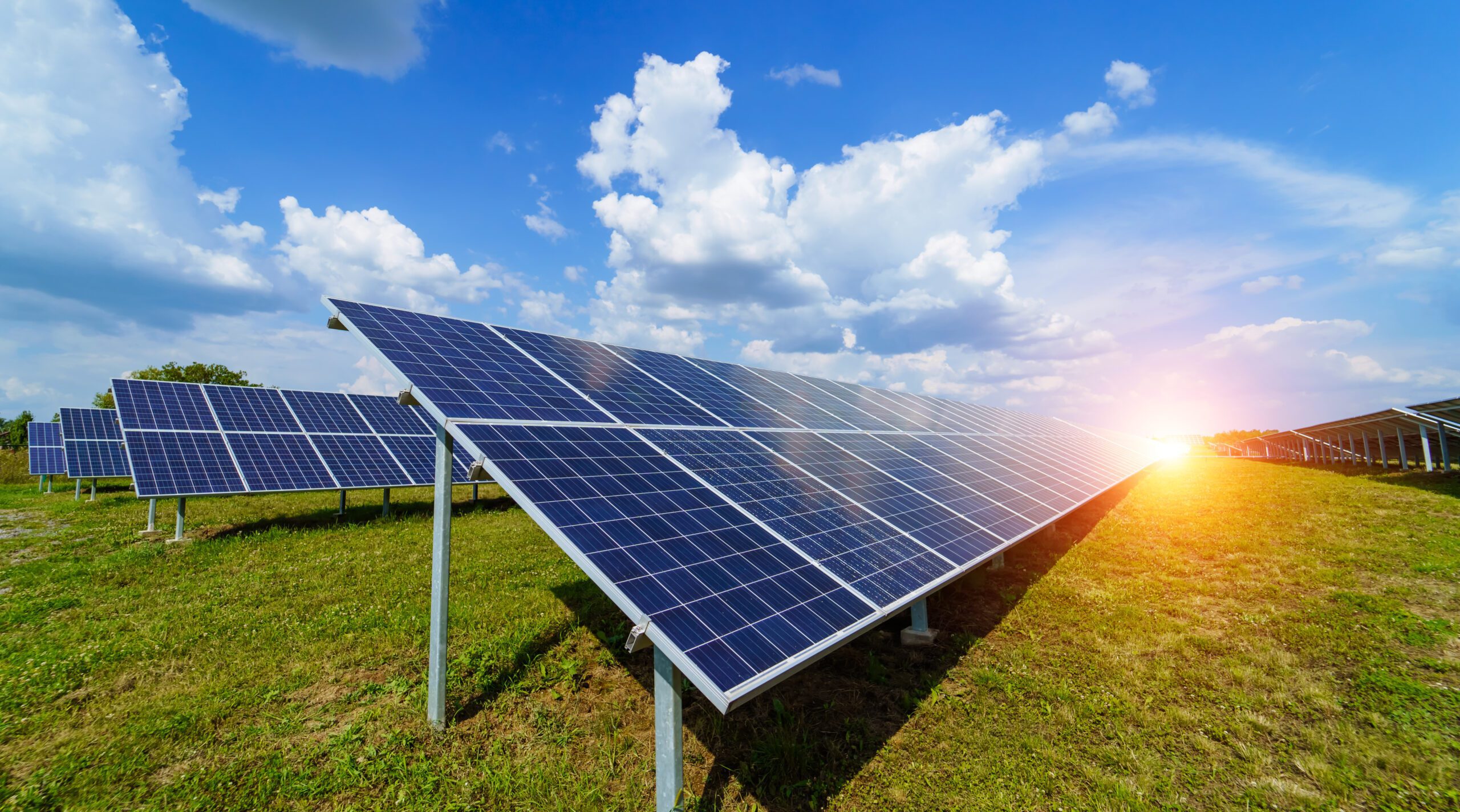The south east of England has relatively low rainfall. The population is growing, housing is increasing and the climate is changing. Water sources are therefore under pressure.
At Energy Alton’s first public talk of the autumn season on 20 September, a large and interested gathering at the Community Centre heard Lee Dance, Head of Water Resources with local water company South East Water, share their plans for the management of water resources and what we can do.
Click here for Lee Dance’s presentation Managing future water resources – Laa Dance, Energy for Alton
South East Water supplies 2.2 million consumers. With no action, the company estimate that there will be a deficit of approximately 41 million litres of water per day by 2040, because of:
- Considerable increases in population and housing in the south east resulting in more demand for water.
- Less water available in the ground, due to a combination of: unpredictable weather, climate change and local geology.
But South East Water is optimistic that we can all still have the water supply we need into the future, if the company and consumers work together. The company is:
- Investing in new water resources – enhanced treatment works, new groundwater sources, and new pipelines with neighbouring companies who have more water available than they need.
- Continuing to reduce leakage from their pipes – this has been falling steadily due to the company’s programme of works.
- Completing their programme of installing water meters – people can reduce their consumption when they have more information, and also the meters sometimes pick up evidence of water leaks in the pipes for which the household is responsible, which can be fixed.
We can play our part too – and indeed we have been doing, as our consumption has been falling, mainly because appliances such as dishwashers and washing machines use much less water nowadays. But at 150 litres per day, consumption in the south east is still higher than the national average. Here are some simple things we can all do to avoid wasting water and our hard-earned cash:
- Take a shower instead of a bath: the average shower uses 30 litres of water whereas a bath uses 80 litres (power showers use more water, though)
- Turn off the tap when brushing teeth: a running tap can use 6 litres of water per minute
- Wash with a fall load – both the washing machine and dishwasher
- Only flush the toilet when you have to – about one-third of the water we use is flushed down the toilet – use a dual-flush toilet or a water-saving device in your cistern
- Fix leaking taps
- Install water butts in the garden and replace thirsty plants with ones that thrive on dry soils
- Ditch the hose pipe to wash the car – use a bucket and sponge
If we all play our part, we can have plenty of water for our needs despite all the challenges.

